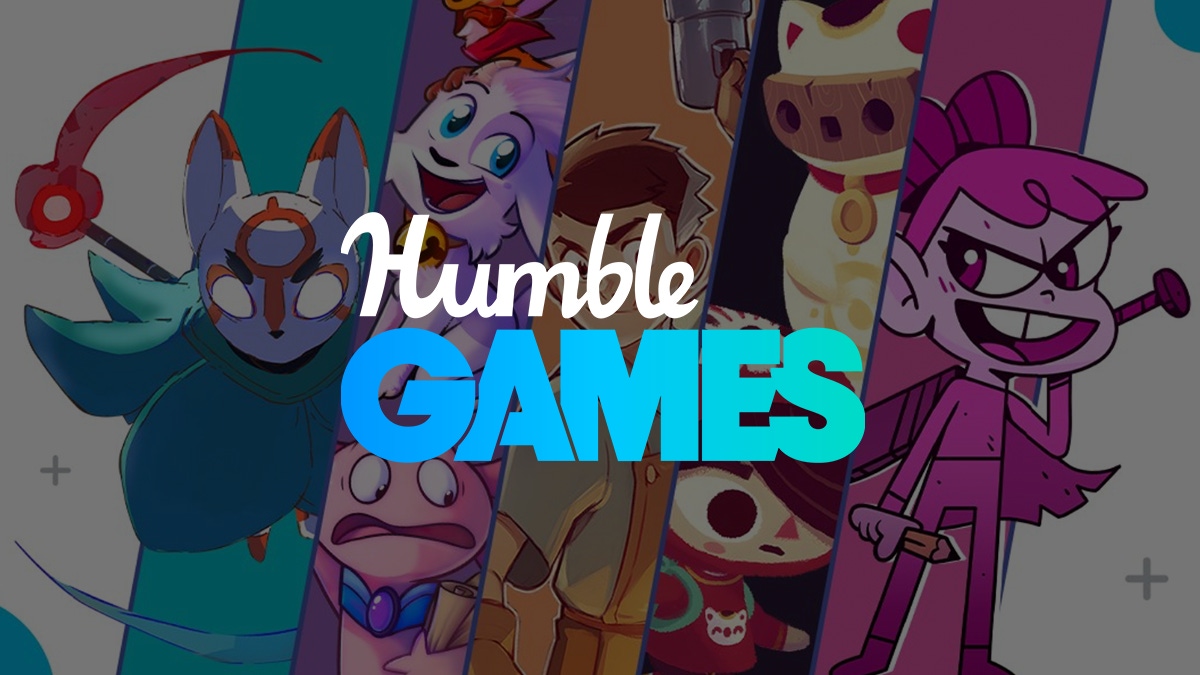Trending
Opinion: How will Project 2025 impact game developers?
The Heritage Foundation's manifesto for the possible next administration could do great harm to many, including large portions of the game development community.
"We've started acquiring IP and working on second-party projects, and the next part of that evolution is first-party."

Humble Bundle EVP and general manager, Alan Patmore, has suggested studio acquisitions and first-party development could be a part of Humble Games' future.
Speaking to Game Developer about the past, present, and future of Humble Games at Gamescom 2023, Patmore said the publisher is currently focused on forging tight-knit relationships with its partners and acquiring IPs on a "deal-by-deal basis."
"It has to be that we're investing in a product that has franchise potential," said Patmore, who previously worked at Double Fine as VP of product development before joining Zynga as studio general manager. "Ideally we'd be expanding and building off some of our core franchises. Wizard of Legend 2 is the tip of the spear of that initiative.
"So, we're looking at continued IP acquisition and then we also want to move a little bit more upmarket—which means investing in higher quality products if it makes sense from a game perspective."
As for whether those IP acquisition plans will eventually snowball into studio buyouts, Patmore said it's a strategy that Humble Games might eventually throw its weight behind.
"I think [studio acquisitions] could be in our future as well," he said. "It makes sense from an economic standpoint. Right now we're doing second-party development, so we own the IP and we have a developer building the product for us. The natural evolution of that is to own the studio."
Patmore wouldn't put a timeframe on those nebulous M&A plans, but reiterated it's something Humble Games is "actively looking at." Notably, he suggested any deals would need to be built around the "right IP with the right partner," and that Humble Games wouldn't be firing from the hip where acquisitions are concerned.
"The overall long-term vision is to eventually have first-party development. We look at our history and our arc, and it started with the principles of being a dev-first publisher. Then we built out our services so we could become a full life-cycle publisher. We've gone through that, and now we're focused on IP acquisition," he explained.
"So, we've started acquiring IP and working on second-party projects, and the next part of that evolution is first-party. So yeah, it's all part of our roadmap."
Patmore believes realizing that ambitious roadmap, however, will only happen if Humble Games continues to nurture "transparency and trust." Discussing how the company, which has published titles like Chinatown Detective Agency, Unpacking, Slay the Spire, and Wandersong, has won over developers, Patmore said the secret is rather simple: it understands the perils of production.
"We're seasoned developers, and I think this is one of the key advantages our team has. We understand what it takes to make games, and we understand that there's uncertainty when making games," he explained. "The partnership framework we use is about being very transparent on both sides, so if a developer is having challenges—maybe they need more capital to get something done—we will work with them on that, as long as we feel the developer is delivering on the promise of the project."
In the past, Patmore said he's encountered situations where issues arise because devs feel like they're "always under the gun of the publisher." He suggested the key to avoiding that scenario for both publishers and developers is to be proactive and talk candidly about the "big issues" so they can be addressed head on.
"I think that really is one of the advantages of this dev-first approach. We want developers to come to us and talk about their issues and ask for our help. Or maybe we can give feedback and highlight blindspots. On the developer side, this is why we're very careful about the developers we work with, because we want to be able to give feedback and have them be receptive. When you don't have that transparency and trust, it's not easy."
Irrespective of what the future holds, Patmore said it's crucial Humble continues to be a "force for good." For Humble Games, that means connecting developers to customers and giving them access to capital, but the publisher is also supporting organisations like Girls Make Games and Coral Guardian through the release of special charity DLCs.
"That's always been part of our DNA, and so when you're looking forward you still want to make sure that we're still are that force for good, both for our customers and developers," added Patmore. "That's our guiding north star."
Read more about:
FeaturesYou May Also Like